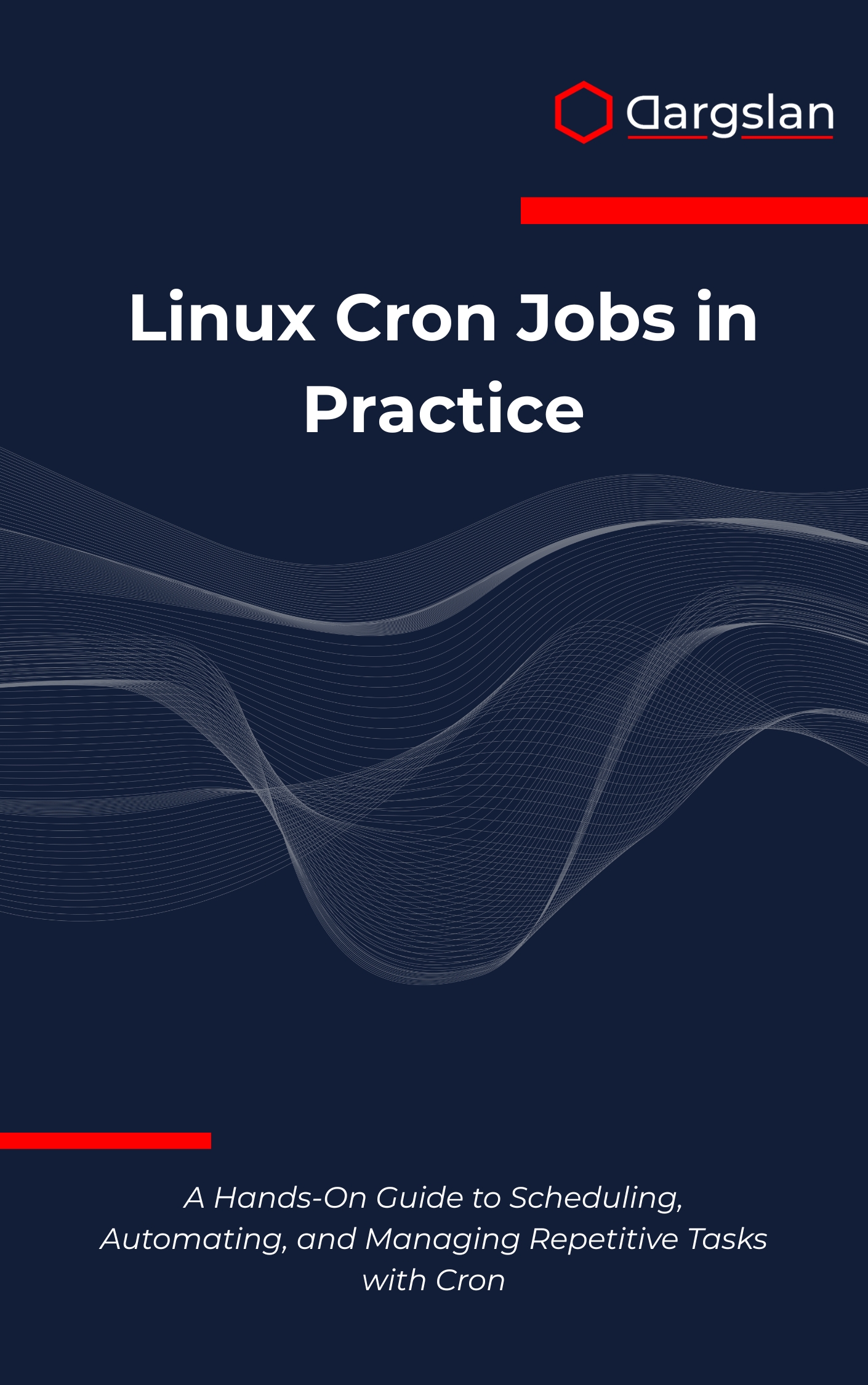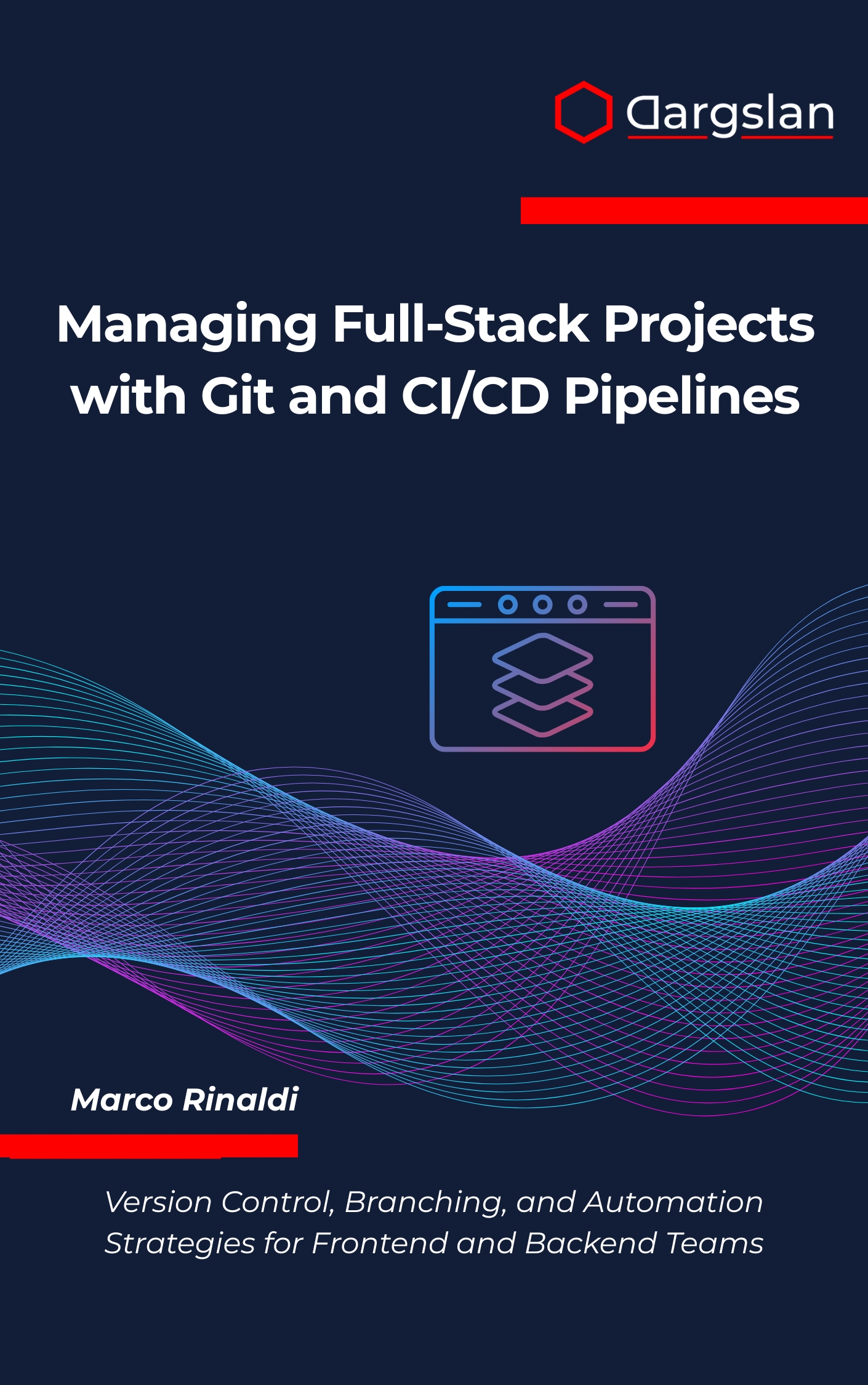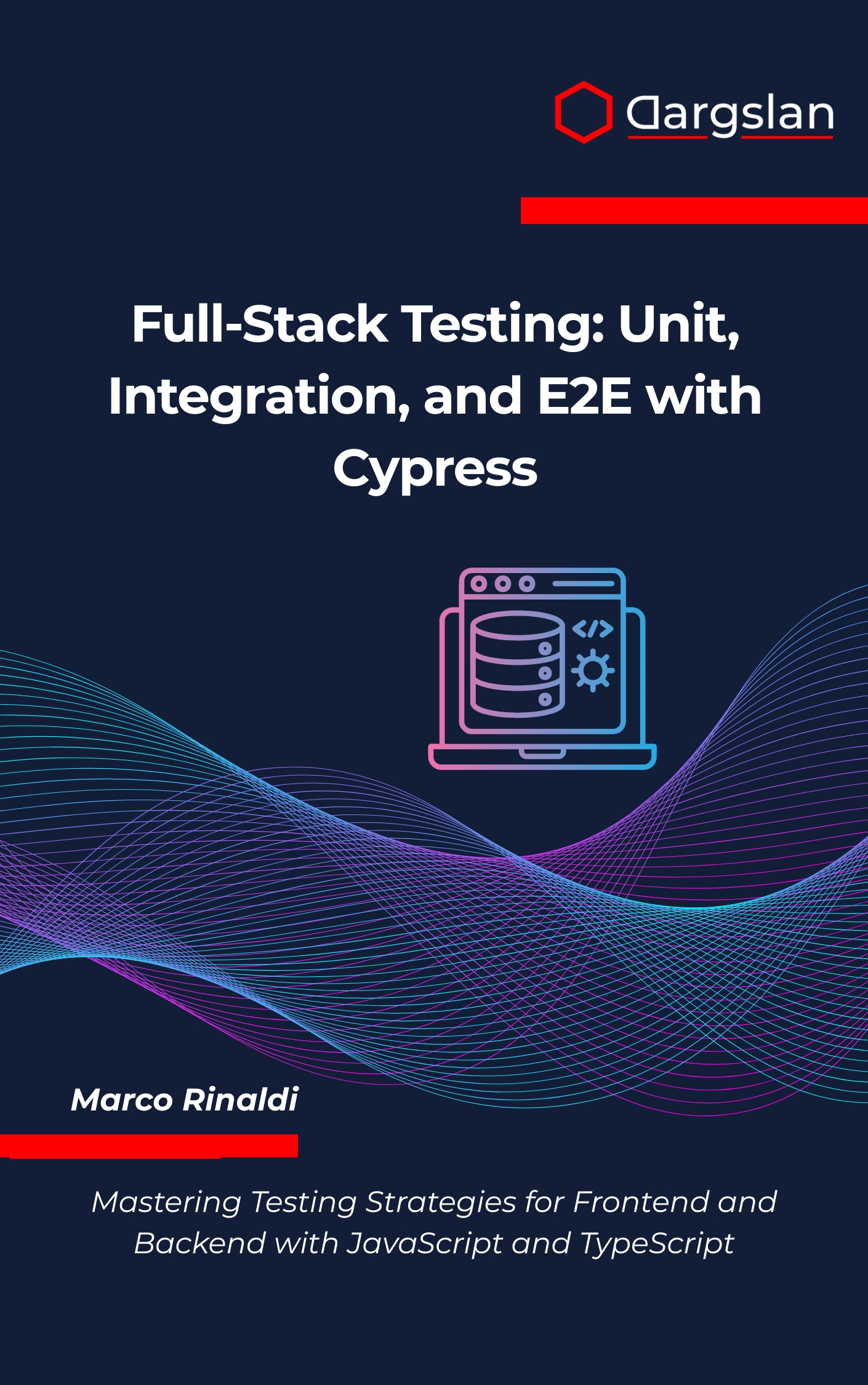Linux Cron Jobs in Practice
Linux Cron Jobs in Practice,Master scheduling and automation on Linux using cron for system tasks.

A Hands-On Guide to Scheduling, Automating, and Managing Repetitive Tasks with Cron
Overview
Linux Cron Jobs in Practice is an IT book, a programming guide, and a technical book designed to turn everyday Linux tasks into reliable, secure, and performance-aware automation. A Hands-On Guide to Scheduling, Automating, and Managing Repetitive Tasks with Cron walks you through Cron daemon architecture, crontab syntax and scheduling expressions, environment variable management, shell script automation, user and system cron job administration, and job execution control with clarity and precision. You will also master system maintenance automation, monitoring and reporting implementation, security hardening practices, performance optimization, troubleshooting methodologies, alternative scheduling solutions, systemd timers, and modern Linux automation tools—equipping you to design resilient workflows across diverse environments.
Who This Book Is For
- System administrators who need dependable scheduling at scale and want practical patterns for backups, log rotation, patch orchestration, and monitoring without brittle ad hoc scripts.
- DevOps and SRE professionals seeking predictable automation pipelines, improved observability, and safer rollout strategies using standardized crontab practices and systemd timers.
- Developers and power users ready to elevate their Linux skills by building production-quality jobs, controlling runtime environments, and eliminating manual busywork—start now and automate with confidence.
Key Lessons and Takeaways
- Design robust schedules that survive restarts and edge cases by understanding the Cron daemon lifecycle, how jobs are parsed, and how to validate crontab entries before deployment.
- Build portable, reliable jobs through environment variable management, explicit shells, and dependency checks, so scripts behave consistently across servers and distributions.
- Implement job execution control with lock files, concurrency limits, and timeouts to prevent duplicate runs, cascading failures, or resource contention in busy environments.
- Develop actionable monitoring and reporting with log pipelines, exit-code capture, notifications, and dashboards that surface trends, failures, and performance regressions quickly.
- Harden your automation using least-privilege permissions, segregated user and system cron job administration, secure credential handling, and change-auditing for compliance.
- Know when to move beyond traditional cron by adopting systemd timers or other modern Linux automation tools for on-boot triggers, calendar events, and robust dependency management.
Why You’ll Love This Book
This guide is relentlessly practical. Every chapter translates concepts into hands-on steps, making it easy to go from idea to a production-ready schedule in minutes.
Clarity is at the core: you’ll find step-by-step explanations, annotated examples, and repeatable patterns that reduce guesswork. Complex topics like overlapping executions, daylight saving time effects, and secure environment loading are demystified.
The coverage is broad yet focused on outcomes. From performance optimization to troubleshooting methodologies, you’ll get battle-tested techniques applicable to Red Hat, Ubuntu, CentOS, and embedded Linux systems, ensuring smooth adoption in any stack.
How to Get the Most Out of It
- Start with the fundamentals to establish a solid mental model of cron parsing, environment handling, and safe scheduling. Then progress through advanced chapters on job control, monitoring, and security to build a complete automation toolkit.
- Apply each concept on a staging host before production. Add structured logging to every job, set explicit PATHs and shells, and use dry-run modes to verify assumptions and measure runtime impact.
- Reinforce learning with mini-projects: schedule a nightly backup with retention policies; create a health-check that alerts on service degradation; migrate a legacy crontab to systemd timers while preserving observability and security.
Get Your Copy
Automate with confidence, cut operational toil, and build resilient schedules that stand up to real-world production demands. If you’re ready to master scheduling, security, and performance in one cohesive resource, this is your next essential read.




